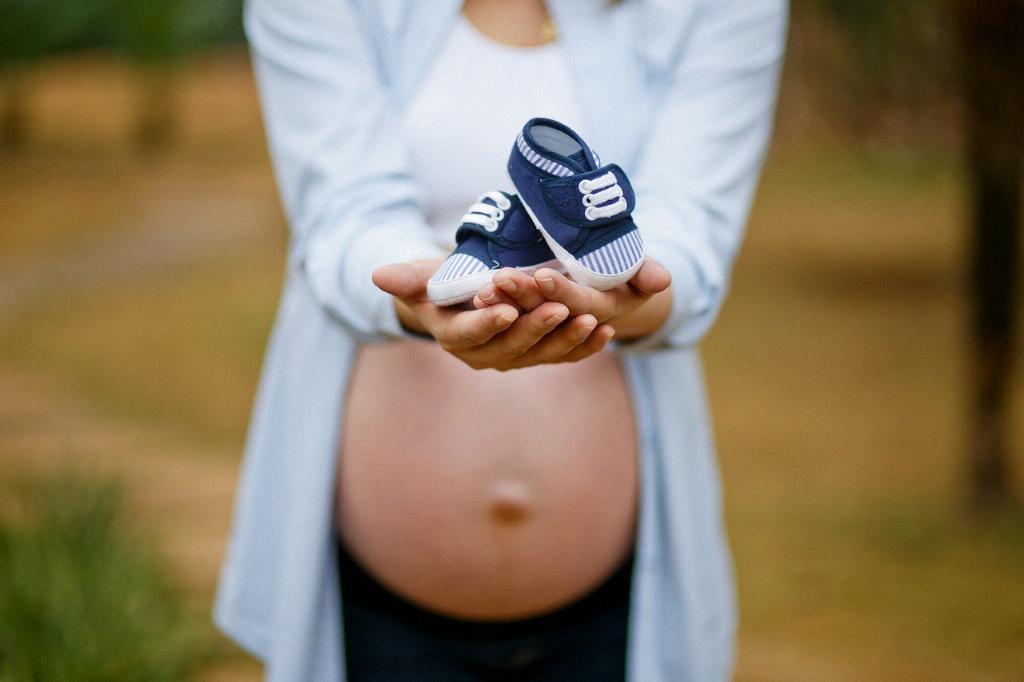When it comes to determining how far along you are in your pregnancy, there are a few key factors to consider. The most common method used to estimate the length of a pregnancy is by counting weeks from the first day of your last menstrual period (LMP). Most pregnancies typically last around 40 weeks, which is equivalent to 280 days.
If you are wondering how far along you are in your pregnancy, one way to estimate your due date is by counting 40 weeks from the start of your last period. This calculation is based on the assumption that conception occurs around two weeks after the start of your period. So, in essence, your pregnancy is dated from the first day of your last menstrual cycle, even though conception usually takes place around two weeks later.
Another method to determine how far along you are is to subtract three months from the first day of your last period and then add seven days. This calculation is a rough estimate and may not be as accurate as counting 40 weeks from the LMP. It provides an alternative way to gauge your pregnancy progression based on the calendar months.
It is important to keep in mind that these methods are used to estimate the length of your pregnancy and are not definitive in pinpointing the exact duration. Every pregnancy is unique, and due dates can vary based on factors such as ovulation timing, cycle length, and individual differences.
Ultrasounds are another valuable tool in determining how far along you are in your pregnancy. During an ultrasound, the healthcare provider can measure the growth of the fetus and provide more accurate information about your due date. Ultrasounds are especially useful in early pregnancy to confirm viability and estimate gestational age.
While counting weeks from the LMP and using calendar calculations are common ways to estimate your due date, it is essential to consult with your healthcare provider for the most accurate assessment. Your doctor or midwife will take into account various factors, including ultrasound measurements, physical exams, and your medical history, to determine how far along you are in your pregnancy.
Knowing how far along you are in your pregnancy is crucial for monitoring the growth and development of your baby, as well as ensuring proper prenatal care. Your healthcare provider will track your progress throughout the pregnancy to ensure both you and your baby are healthy and on track for a safe delivery.
It is common for expectant parents to be eager to know how far along they are in the pregnancy journey. Understanding the methods used to estimate due dates and pregnancy length can provide insight into the progression of your pregnancy and help you prepare for the arrival of your little one.
Remember that each pregnancy is unique, and the estimated due date is just a guideline. Your healthcare provider will monitor your progress closely and make adjustments as needed based on your individual circumstances.
Whether you are counting weeks from the LMP, using calendar calculations, or relying on ultrasound measurements, knowing how far along you are in your pregnancy is an exciting part of the journey to parenthood. Embrace each milestone and trust in the guidance of your healthcare team as you navigate this transformative experience.
Ultimately, the most important thing is to take care of yourself and your growing baby throughout the pregnancy. Stay connected with your healthcare provider, ask any questions you may have, and cherish each moment as you prepare to welcome your new arrival into the world.

